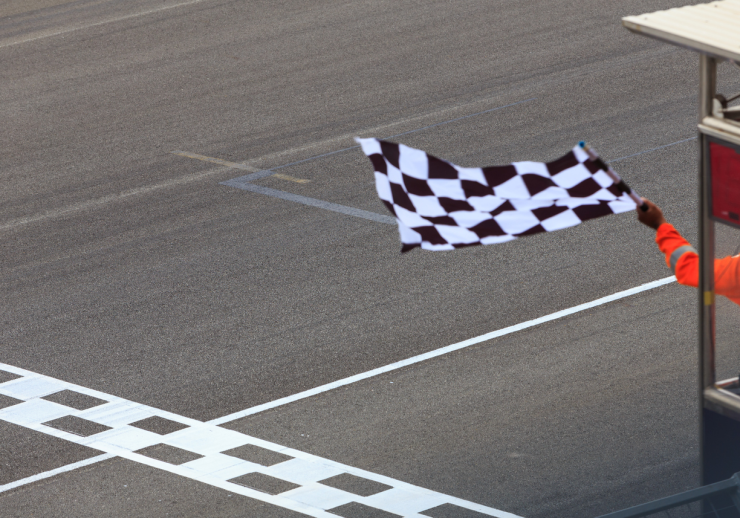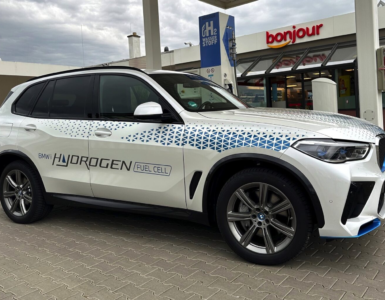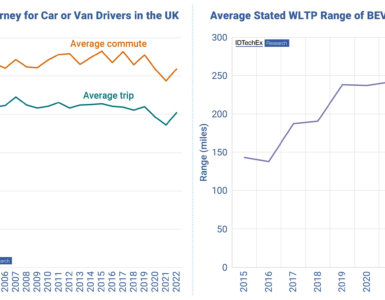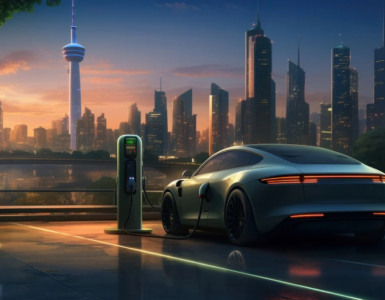Ryze Hydrogen – The future of motorsport is hydrogen; will consumers follow it in its wake?.
Internal combustion engines running on hydrogen produce just as much torque as their petrol-powered cousins, with all the associated noise and excitement.
Toyota put this theory to the test this month in the ninth round of the 2022 World Rally Championship (WRC) where it debuted the Toyota GR Yaris H2 concept car outside of Japan.
On day two of the Ypres Rally, Toyota President and CEO Akio Toyoda, aka Morizo, took the vehicle for a spin on Special Stage 11.
🔥 What about we co-host a webinar? Let's educate, captivate, and convert the hydrogen economy!
Hydrogen Central is the global go-to online magazine for the hydrogen economy, we can help you host impactful webinars that become a global reference on your topic and are an evergreen source of leads. Click here to request more details
Morizo, who was joined by five-time WRC champion Juha Kankkunen as co-driver, may not have pushed the car to its limits, but footage shows it zipping across the Belgian countryside on roads that would test most drivers’ nerve.
Toyota’s hydrogen-combustion power train is already in use by professional rally drivers in the Corolla Sport race car that’s been competing in the Super Taikyu endurance racing series in Japan since May 2021. It has used that platform to test the transportation of hydrogen imported from Australia through Japan on trucks.
Back in Belgium, Kankkunen was full of praise for Morizo’s driving as you would expect, but also the hydrogen engine.
Juha Kankkunen, said:
The hydrogen engine put out solid torque, making it no different from a gasoline engine.
“Because they emit zero CO2, I believe hydrogen engines will become one of the options for achieving carbon neutrality not only in the world of motorsports but also in the world of everyday cars.
Toyota is not the only automaker working on hydrogen-combustion engines. This week, Porsche said it had developed a V8 hydrogen combustion engine that aims to match the power and torque of current high-performance gasoline engines.
In a virtual study, the modified 4.4-litre V8 engine delivered around 590 hp, more than the Porsche Cayenne Turbo S E-Hybrid‘s 4.0-litre V8, which generates 541 hp, said a senior engine simulation expert at Porsche Engineering.
To give that some real-world context, Porsche used a “digital twin” to estimate how quickly it could propel a vehicle around the Nürburgring.
In a “luxury-segment reference vehicle with a relatively high total weight of 2,650 kg” which is about 100 kg more than a hybrid Cayenne, the hydrogen-powered vehicle got around the famous track in 8 minutes 20 seconds, the same time as a 2008 Chevrolet Camaro SS.
While Porsche has no plans to turn its digital simulation into a road vehicle, its experiment and Toyota’s rally cars show the technical challenges of creating hydrogen-combustion vehicles can be overcome, providing lovers of the internal combustion engine a route to automotive joy in the era of net zero emissions.
READ the latest news shaping the hydrogen market at Hydrogen Central
The future of motorsport is hydrogen; will consumers follow it in its wake?, August 24, 2022








